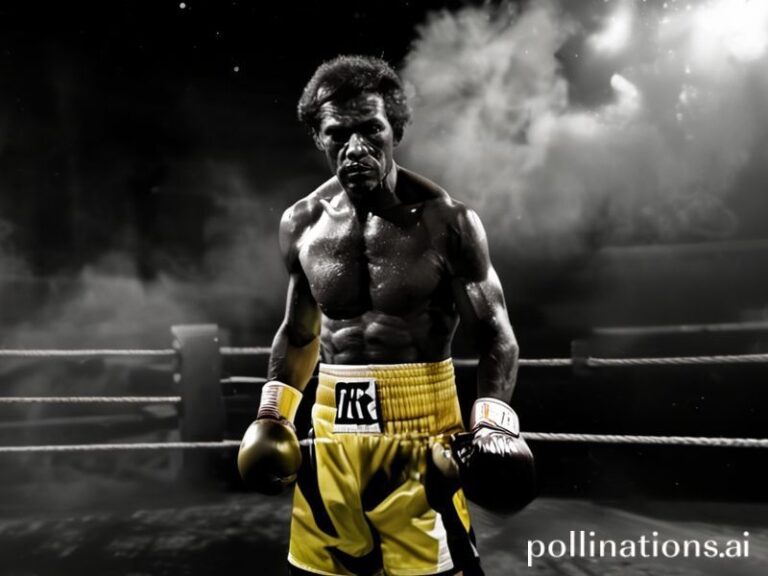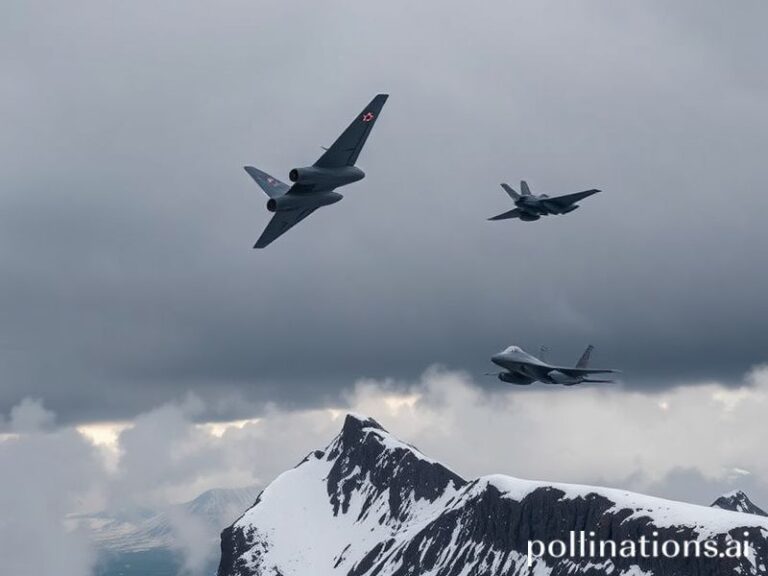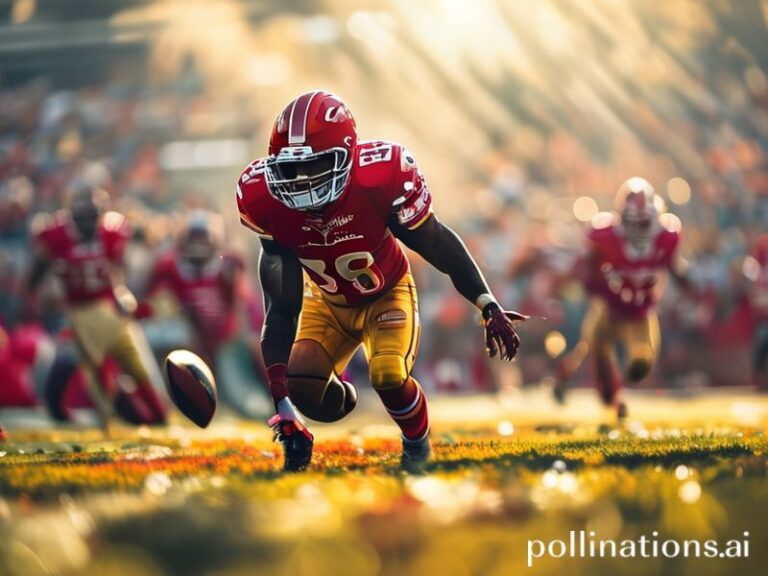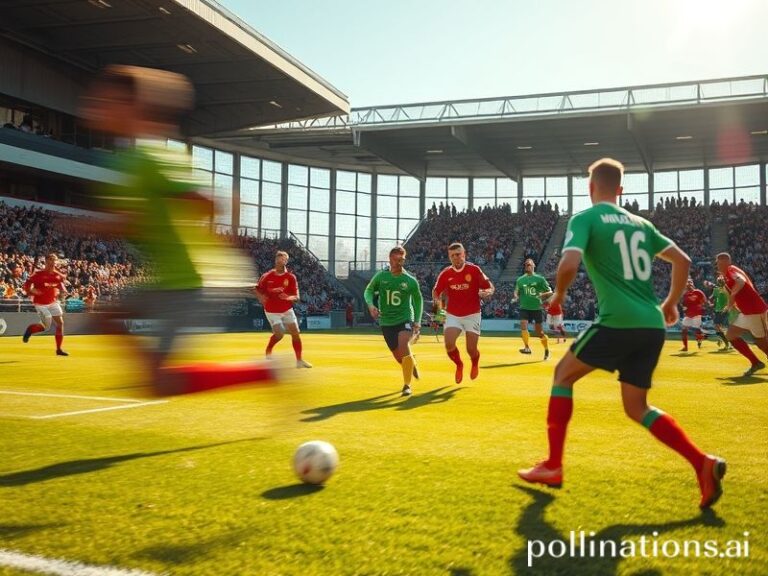Sam Heughan: How One Scot in a Kilt Became the World’s Cheapest Geopolitical Therapy
Sam Heughan: Scotland’s Accidental Soft-Power Kilt Missile and the World’s Thirst for Tartan-Wrapped Reassurance
By Our Man in the Highlands, Nursing a Hangover and a Passport Full of Airport Stamps
There are moments when the global order feels like a Jenga tower assembled by drunk toddlers: one wobble in Washington, one sneeze in Beijing, and the whole thing threatens to topple. Yet somewhere in this trembling edifice is a 6’3″ slab of Aberdeenshire beefcake named Sam Heughan, calmly folding his arms across a wool waistcoat as if to say, “Dinna fash, lads, I’ve got this.”
From São Paulo to Seoul, Heughan is less an actor these days than a geopolitical mood stabilizer. His portrayal of Jamie Fraser in Outlander has done more for Scottish independence than Braveheart memes and whisky tariffs combined, transforming the Highlands from a weather complaint into an export commodity. Foreign tourists now descend on Inverness clutching dog-eared Diana Gabaldon novels like pilgrim relics, praying for a glimpse of the Fraser clan’s second-most-famous redhead. (The first, naturally, being a certain royal who also markets emotional stability in tartan form.)
The numbers are almost indecent. VisitScotland reports a 67 % spike in American visitors since 2014, a statistic economists attribute partly to “set-jetting” and partly to the fact that Heughan’s torso appears to have its own NATO Article 5 clause: an attack on one viewer’s ovaries is treated as an attack on all. South Korean travel agencies package “Heughan Healing Tours”—three days of lochs, lamenting bagpipes, and curated Instagram grids that look like Presbyterian soft porn. Meanwhile, Chinese streaming giant Mango TV cut a deal for a censored version of Outlander that replaces all the graphic sex with subtitled warnings about capitalist excess. The irony, you suspect, is not lost on Beijing’s censors, who still clock off early to binge the uncut episodes on VPNs named after Scottish lochs.
Then there’s the booze diplomacy. Heughan’s side hustle, Sassenach Whisky, is now stocked in 19 countries, including duty-free at Dubai International, where it sits between bottles of 1984 Macallan and a pyramid of Toblerone the size of Ayers Rock. The label’s marketing line—“Raise a dram to the past, while you still have a future”—plays like an inside joke for anyone reading climate reports between flights. The spirit itself tastes of honey, smoke, and the faint suspicion that the world is ending, but at least we’ll face the apocalypse gently anaesthetized.
Still, Heughan’s greatest export might be nostalgia for a stability none of us actually lived through. His Instagram—equal parts PT routines and sheep-dotted glens—functions as a geopolitical comfort blanket: follow the abs, forget the abyss. When he posts a selfie from a freezing loch at dawn, Russian bots salute; when he launches a charity triathlon for cancer research, donations pour in from 87 countries, including one anonymous bitcoin whale whose wallet is literally called “FREEDOM_1745.”
Not that the man himself seems entirely comfortable with soft-power sainthood. In interviews he has the wary politeness of someone who knows the world is projecting its midlife crisis onto his deltoids. Asked by a French journalist what Outlander teaches modern men, he deadpans, “That consent is sexy and cardio is non-negotiable,” which simultaneously endears him to progressive Europe and terrifies the American South, where both concepts are still considered imported heresies.
Ultimately, Sam Heughan matters because he offers a rare international currency: the fantasy that somewhere, amid the drone strikes and data breaches, a decent bloke in a kilt is still willing to die for love, land, and the proper brewing of tea. It’s nonsense, of course—real 18th-century Highlanders smelled like wet sheep and died of teeth—but global audiences will trade almost anything for a story where virtue is muscular and history can be rewound with better lighting.
So here we are, circling Glasgow on a carbon-spewing jet, clutching our miniature bottles of Sassenach and pretending the planet isn’t on fire. The captain announces final descent; the in-flight magazine features Heughan staring moodily at Glen Coe. Somewhere below, a stag bellows into the dusk, sounding suspiciously like a laugh track. Buckle up, fellow travelers: the kilt missile has landed, and the world feels fractionally less doomed—for the next 47 minutes, anyway.







